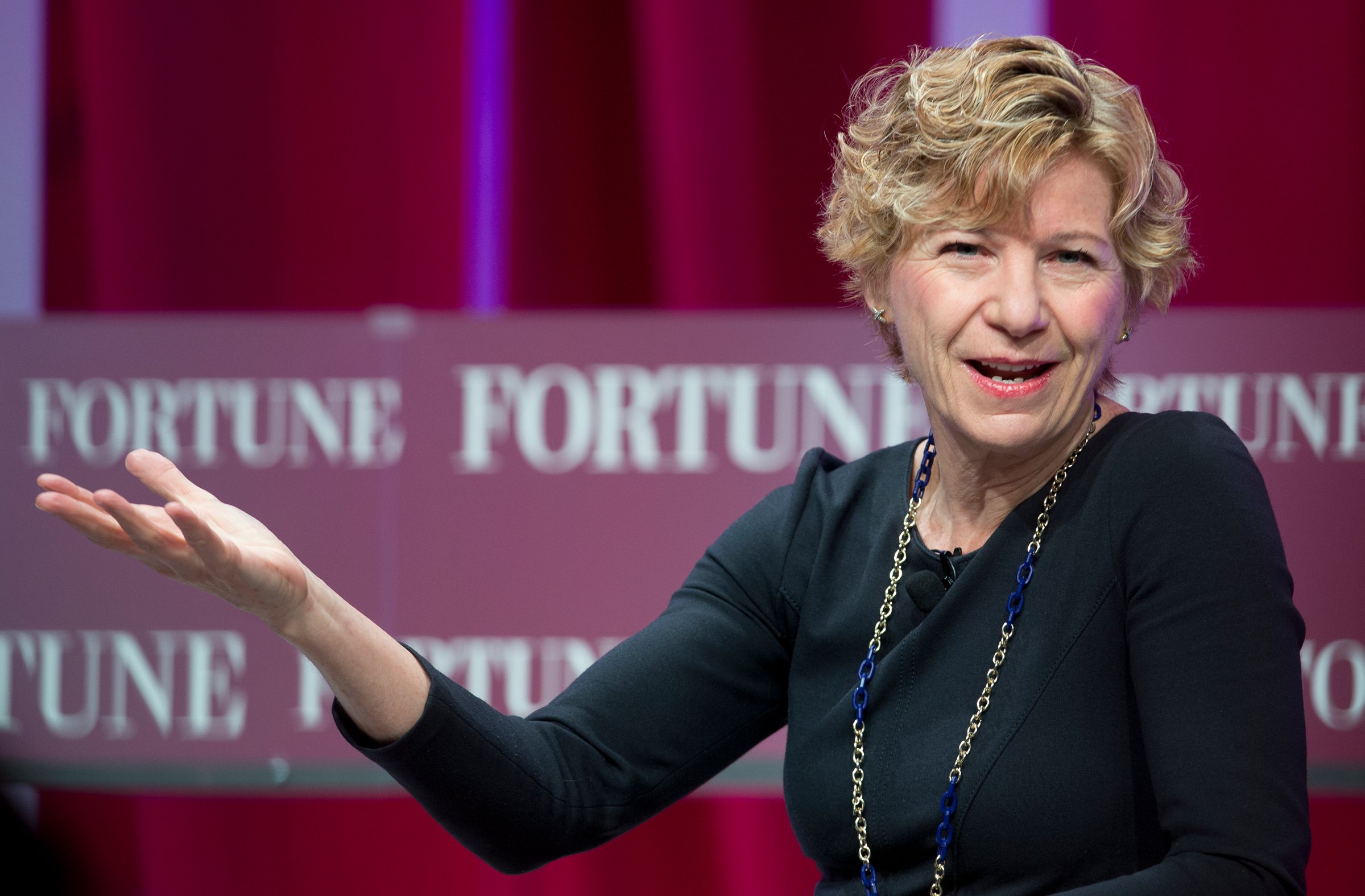
Sue Desmond-Hellmann is the CEO of the Gates Foundation.
This time of year is often associated with consumption. Thanksgiving, Black Friday, Cyber Monday—the list goes on. But there is clearly a growing counter-movement.
We see it in the annual grassroots movement of Giving Tuesday, which continues to grow larger each year, with thousands of charities around the world now participating. We can see it in the recent decision from REI to close their doors on Black Friday and encourage their employees and customers to spend the day enjoying the outdoors instead of charging their credit cards inside stores.
This move towards generosity is a great thing to see when you’re in my line of work. At the Gates Foundation, where I serve as CEO, we like to say that the world is getting better all the time. This is true when you look at the big picture issues we work in: people are living longer, more children are surviving into adolescence, and fewer people than ever before are living in extreme poverty.
People often think that they can’t contribute to this kind of progress, or that their individual efforts to give back don’t amount to much. The truth is, none of this progress is possible without individual people deciding every day to be more generous.
In fact, individuals not only can make a difference, but they already do—and on a huge scale.
Last year set the record for the most charitable donations ever. What’s more, every year individuals give more to charity than foundations and corporations combined. The Gates Foundation is the biggest philanthropy in the world, but individual donors out-give us by more than 20-to-1 each year.
Individuals today aren’t only making a difference by donating, they’re doing it more deliberately and more creatively than ever before—with their time, their voices, and their career choices.
An incredible group called 80,000 Hours is focused on helping people have a greater social impact with their careers. At Giving What We Can, members pledge at least 10% of their income to charity—for their entire lifetime. Global Citizen encourages people to take civic action on global inequity by providing incentives that include the chance to see Coldplay and Beyonce perform in Central Park.
What intrigues me most about this trend towards generosity is that it’s just the tip of the iceberg.
Research shows that 72% of people give less than average, but 75% think that they give more than average. Changing these perceptions and continuing to encourage individual generosity could unlock an additional $22 billion in charitable giving each year.
We spend a lot of our time at the Gates Foundation encouraging generosity whenever and however we can. Much of that is focused on accelerating progress on the issues we work on, like fighting infectious diseases and empowering the poorest to transform their lives.
Above and beyond this, however, we have an honest interest in the world becoming a more generous place. One of our core missions is to inspire people to take action to change the world. We believe that everyone can be great at giving back.
I try to practice this myself. Every year I make a habit of sitting down to think through my New Year’s resolutions. Some of these are things I do for myself, but my most important resolution is focused on something I try to do for others.
Each year I promise myself that I’ll make every effort to be more generous.
Generosity comes in diverse forms, but the impact on the world is enormous. Whatever your cause, however you prefer to do it—this giving season and throughout the year—I hope you’ll find a way to give.
More Must-Reads from TIME
- Cybersecurity Experts Are Sounding the Alarm on DOGE
- Meet the 2025 Women of the Year
- The Harsh Truth About Disability Inclusion
- Why Do More Young Adults Have Cancer?
- Colman Domingo Leads With Radical Love
- How to Get Better at Doing Things Alone
- Michelle Zauner Stares Down the Darkness
Contact us at letters@time.com